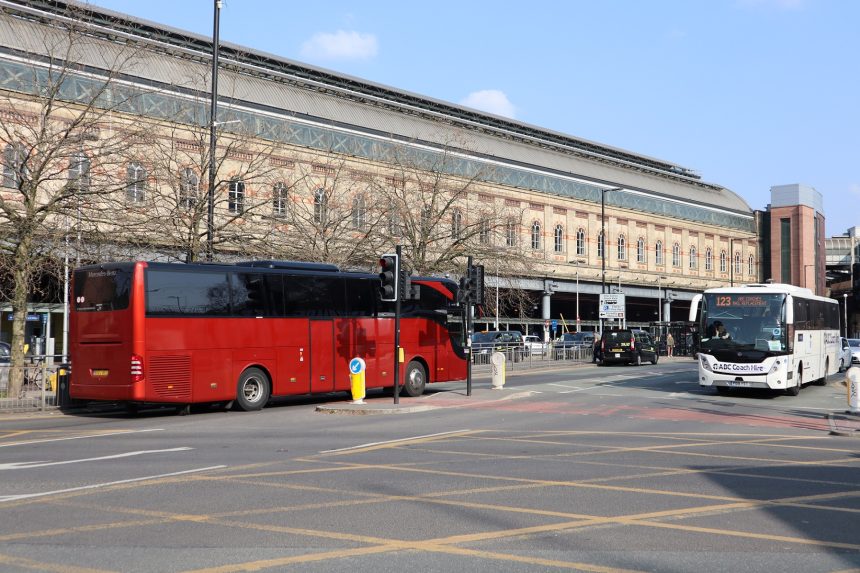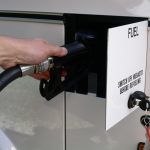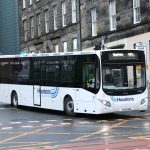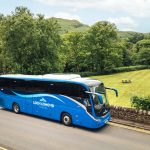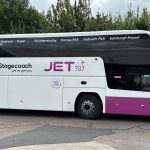No vehicle that is non-compliant would have to pay to drive into Greater Manchester under an updated, investment-led Clean Air Plan drawn up by the Greater Manchester Combined Authority (GMCA).
It represents the latest step in a long-running saga around the region’s Clean Air Zone (CAZ). Earlier plans would have seen non-compliant coaches and buses entering the Zone incur a daily charge of £100, a sum later cut to a proposed £60 before a return to the drawing board following public outcry.
The latest approach is set to be put to the government soon. GMCA says that if adopted, it would bring about compliance with NOx limits on “local roads” in 2025. That sits against a charging CAZ in the centre of Manchester and Salford that would not achieve compliance by 2026, according to modelling.
It is for the government to decide whether the investment-led strategy proceeds or plans for a charging CAZ return. The 10 local authorities in Greater Manchester are under direction to bring NOx levels within legal limits as soon as possible, and by 2026 at the latest.
The Greater Manchester Air Quality Administration Committee will meet on 20 December to consider the latest proposals. The Committee has been recommended to approve and submit evidence to the Joint Air Quality Unit.
Key to the investment-led Clean Air Plan is a spend of £86.7 million on various projects related to air quality in Greater Manchester. That money is already allocated to GMCA. The bulk of it – £51.2 million – would go on 64 battery-electric buses and associated infrastructure at depots in Bolton, Manchester and Middleton.
Those buses would enter service in 2024 alongside a second tranche of 50 battery-electric double-deckers on order. Combined with 85 battery-electrics already in use, they would collectively take the conurbation’s fleet of the type to 199 during next year.
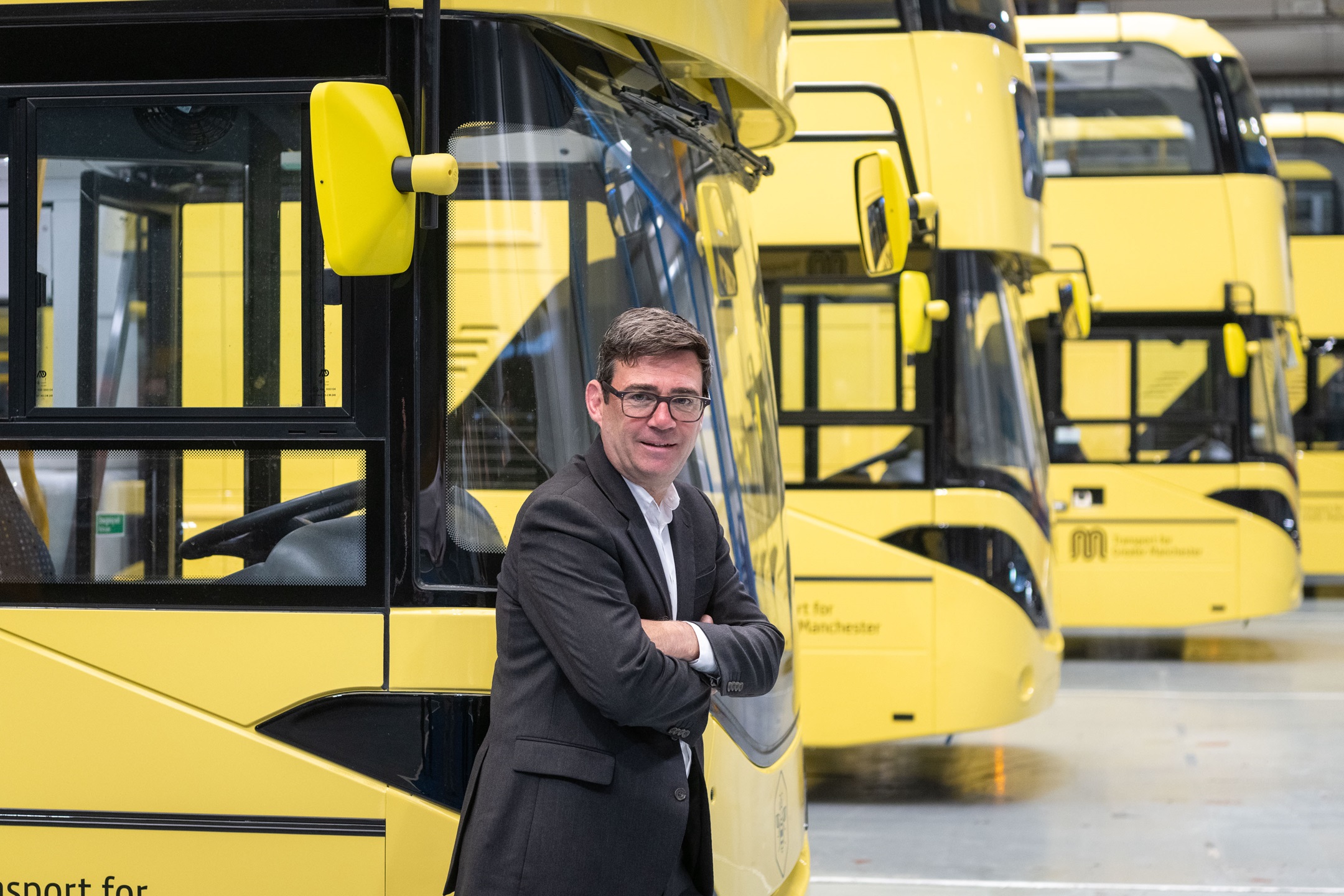
A large batch already on order for Stockport, which are part-funded by the Zero Emission Bus Regional Areas scheme, would then lift the total to 369 in 2025. Further planned purchases will increase that number to 619 by the end of 2027, achieving a target of 50% of the conurbation’s bus fleet being zero-emission by then.
Transport for Greater Manchester claims that franchising of bus services is also assisting in improving air quality. It says that reregulation “means that Greater Manchester can run the cleanest vehicles where there are most needed… and has already seen the introduction of [battery-]electric buses,” although the first of those arrived under the deregulated model.
Leader of Bury Council and Clean Air Lead for Greater Manchester Cllr Eamonn O’Brien says that the Clean Air Plan in its latest form is “a compelling case” that “is fairer, cheaper, more affordable, and more democratic.” Once government feedback is received, GMCA will consider timescales for a public consultation.
An investment-led solution to compliance with NOx limits has been welcomed by RHA. Policy Lead – Environment and Vehicles Chris Ashley adds that improvements to air quality can also be achieved by spend on infrastructure for zero-emission vehicles and incentivisation of the use of cleaner fuels such as HVO.




















